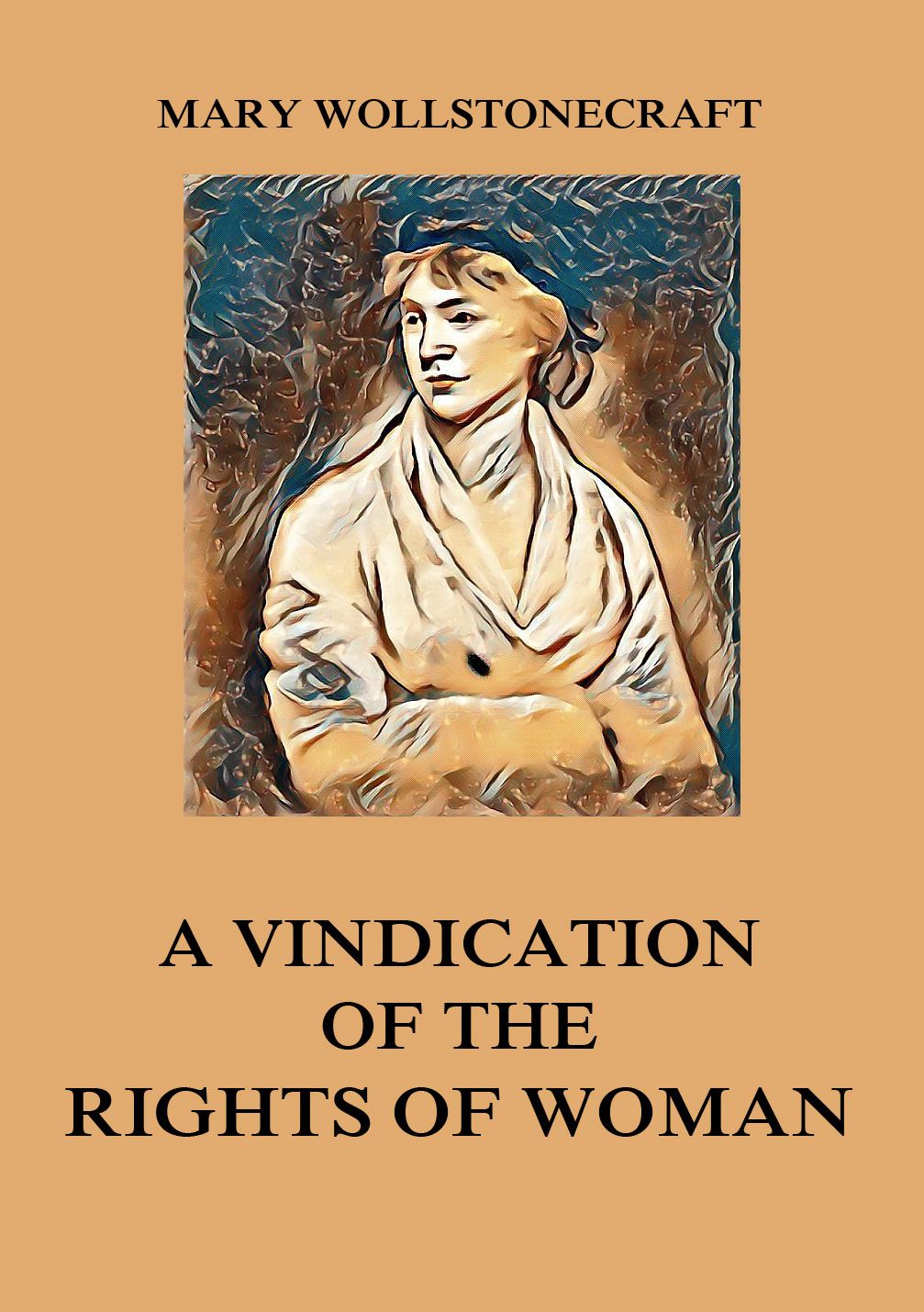
Later, she wrote her two Vindication texts as part of the so-called pamphlet war following the Revolution, touched off by Edmund Burke’s defense of tradition and critique of perceived excesses in his Reflections on the Revolution in France. She even lived in France from 1792–1795, enduring some of the worst of Paris’s upheaval in the post-Revolutionary Reign of Terror while she wrote A Historical and Moral View of the French Revolution. Wollstonecraft also had an avid interest in the French Revolution of 1789, which, in accordance with many Enlightenment principles, overthrew the monarchy and established a republic. Wollstonecraft was strongly influenced by the eighteenth-century philosophical movement known as the Enlightenment, which celebrated the primacy of human reason and critiqued monarchy and tradition in favor of political liberty and progress. Tragically, she died eleven days after her daughter’s birth, at just thirty-eight years old. By 1797, however, she had found happiness with William Godwin they were married in March, and in August, she gave birth to Mary Wollstonecraft Godwin.


Imlay was unfaithful, and after moving back to England, a heartbroken Wollstonecraft attempted suicide twice. While living alone in revolutionary Paris, she had a relationship with an American entrepreneur, Gilbert Imlay, which resulted in the birth of her first daughter, Fanny.

A Vindication of the Rights of Woman, which she wrote in six weeks in 1792, was a sequel of sorts. In 1790, she published A Vindication of the Rights of Men as part of the pamphlet war sparked by Edmund Burke’s Reflections on the Revolution in France. After a brief, unhappy stint as a governess, she became a reviewer and translator for the critical journal, Analytical Review-an unusual role for a woman at the time-and through this work became acquainted with an intellectual circle including American revolutionary Thomas Paine, philosopher William Godwin, and poet William Blake. Wollstonecraft, with her sisters Eliza and Everina, ran a short-lived girls’ school near London, where she developed many of her ideas about female education, summed up in her earliest work, Thoughts on the Education of Daughters (1786). Though her family was not wealthy and her education was haphazard, she read widely in the Bible, ancient philosophers, Shakespeare, and Milton. Mary Wollstonecraft is best remembered as a moral and political philosopher.


 0 kommentar(er)
0 kommentar(er)
